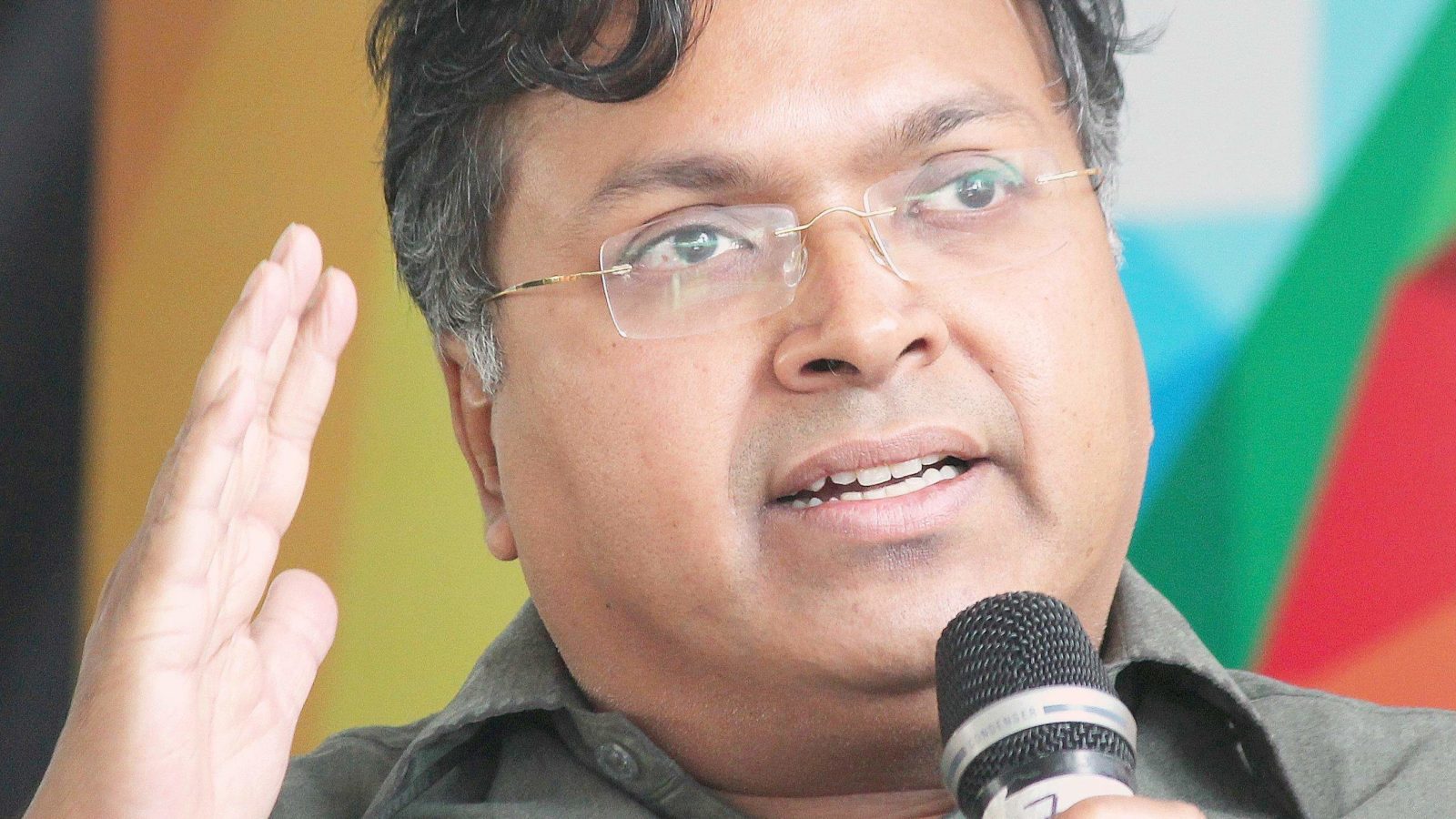Author Devdutt Pattanaik is known to incorporate mythology into modern-day human resource management. Trained in medicine, he worked for 15 years in the healthcare and pharma industries before he focused on his passion of writing full time. He has authored 41 titles and over 1,000 columns, with bestsellers such as My Gita, Jaya, Sita, Business Sutra and the 7 Secret Series.
“Western mythology,” Pattanaik says, “is goal-oriented.” It therefore brings with itself numerous questions on work-life balance, productivity and how to live well. “Indian thought,” on the other hand, “does not distinguish between work and life, weekdays and weekends. All days are the same during which we work towards dharma (obligations), artha (success), kama (fun) and moksha (freedom). It’s simultaneous, not sequential.”
Importance of a daily rhythm
Still, a daily routine is important. “Nature works in rhythm—day and night, summer and winter, high and low tide. So should we,” says the mythologist. “Rituals help create this rhythm. Lighting lamps at dawn and dusk marked time in ancient societies.”
“Today things are more complicated as bulbs has changed notions of day and night, and air conditioner has changed notions of summer and winter. Hence, the need for timetables which shift over time.”
However, he warns, “these should not become so rigid that they become punishments. They just help us from moving from task to task, goal to goal, person to person, and live a fulfilled life, paying adequate attention to all aspects of our life.”
How imperative is productivity
Moving from task to task and goal to goal requires a level of productivity, but Pattanaik warns that it’s an “industrial” concept. “Humans have to be useful to exist in society. The mindset of productivity makes old people feel redundant and useless, as they have stopped being productive. We have to be careful of this. It also creates anxiety—as we are expected to be useful all the time.”
The idea of productivity, Pattanaik elaborates, can be understood by studying trees. “Every tree produces different kinds of fruits and flowers. But not in every season and not throughout its lifetime. Each of us too is a tree—we may be productive crop for some and unproductive weed for others. Unfortunately, society needs different kinds of fruits and flowers.”
“So there is tension between what we can provide and what the world needs, between what we are good at and what makes us money. It is good to check if we are bringing value to people around us, and if they are bringing value into our lives,” he continues. “If it is mutual, then it is a positive relationship.”
Human beings should be purposeful and should try to align their emotional-intellectual-material needs. A way to do it, Pattanaik says, is through “empathy”. “We are often too focussed on ourselves and lose sight of the larger picture. We fail to see how everyone has problems. Only when we help others we can hope to get others to help us. Else we isolate ourselves, helping no one, helped by no one.”
At a Glance
Thrive Global India: How can mythology be made relevant to young Indians?
Devdutt Pattanaik: We have to make them realise that all mythologies, not just Indian, help us understand a part of our personality—the God who judges, the prophet who leads, the hero who fights monsters, the god who charms, the goddess who terrifies, are all within us. Mythology is the map of our mind.
TGI: Tell us about your daily routine.
DP: I write in the morning. That’s an important routine I follow. I also try to retire to bed early as far as possible. I love early mornings.
TGI: How did you find purpose in life?
DP: A mango tree does not find purpose. It just has to recognise it’s a mango tree. Likewise, I am glad I discovered through trial and error that I am a mythologist. It adds value to me and to others.
TGI: How do you stay focussed?
DP: By staying curious about life and enjoying new discoveries about the world each day.
TGI: Tell us about your relationship with technology.
DP: I observe if I am controlling technology or technology is controlling me.
TGI: How many hours do you sleep?
DP: Eight hours.
This is the second part of our two-part conversation with Devdutt Pattanaik. You can read the first part here.


